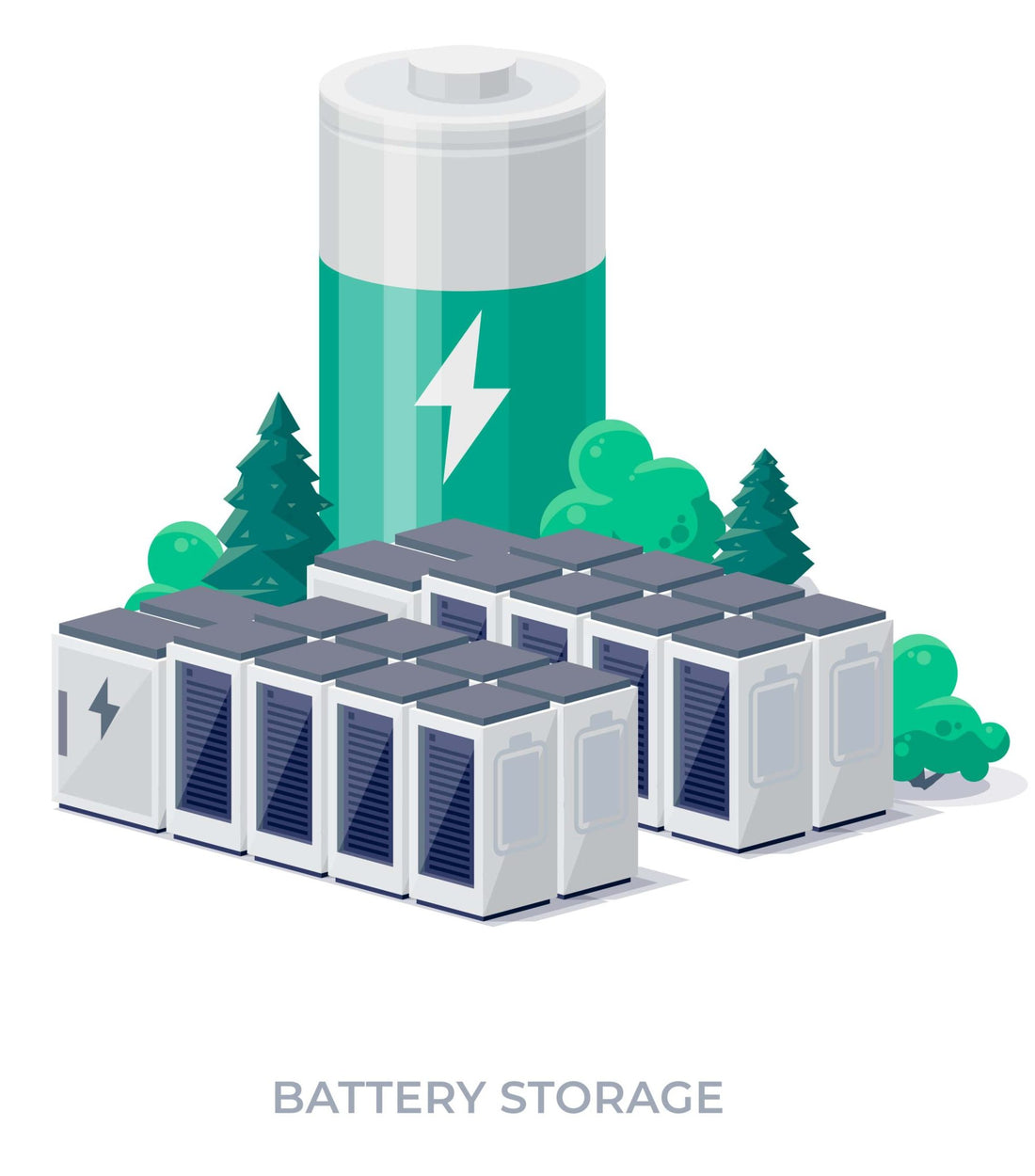Battery storage systems play a crucial role in managing peak electricity demand at EV charging sites. These systems store energy during off-peak hours when electricity demand and prices are lower, then release it during peak hours when both demand and prices are higher. This method, known as peak shaving, alleviates pressure on the electrical grid during periods of high demand. By shifting energy consumption away from peak times, charging site operators can significantly reduce their electricity costs by avoiding the higher rates associated with peak demand. This strategy optimizes energy use and minimizes the need for costly infrastructure upgrades to accommodate peak demand.
Another significant advantage of incorporating battery storage at EV charging sites is load balancing. By leveling out fluctuations in electricity demand, battery storage helps maintain a stable load on the grid, preventing potential overloads and reducing the risk of blackouts, which enhances overall grid reliability. During times of high energy consumption, stored energy can be deployed to meet the demand, easing the burden on the grid. Conversely, during low-demand periods, excess energy can be stored for future use. This dynamic energy management not only supports grid stability but also facilitates the integration of renewable energy sources, which are often variable and intermittent. By ensuring a more consistent and reliable energy supply, battery storage systems are essential for maintaining the balance between supply and demand on the grid.
Here’s a summary of the benefits of peak shaving and load balancing for an EV charging operator:
**Cost Reduction**
- Decreases electricity costs by using stored energy during peak demand.
- Lowers demand charges from utilities.
**Grid Support**
- Reduces grid strain during peak hours.
- Stabilizes load, preventing overloads.
**Operational Reliability**
- Provides backup power to ensure continuous operation during grid outages.
- Maintains consistent energy supply and service reliability.
**Economic Benefits**
- Offers participation in demand response programs for financial rewards.
- Opens opportunities for revenue through energy market participation.
**Environmental Impact**
- Promotes the use of renewable energy, lowering the carbon footprint.
- Supports sustainable energy practices and initiatives.
